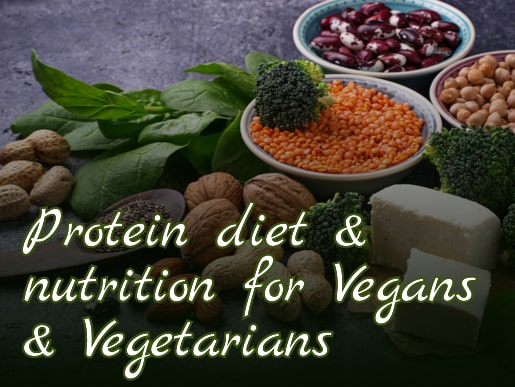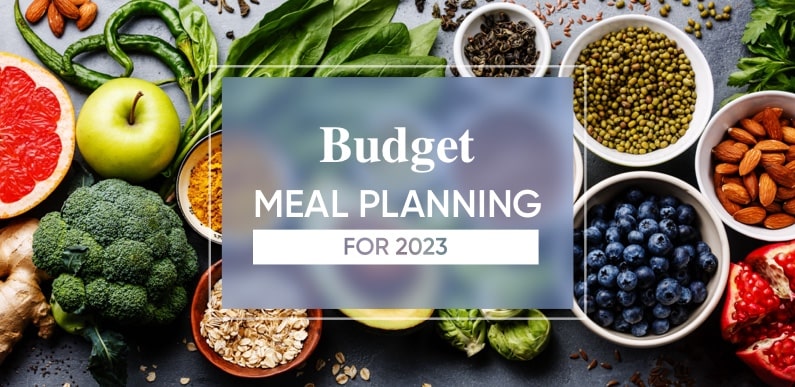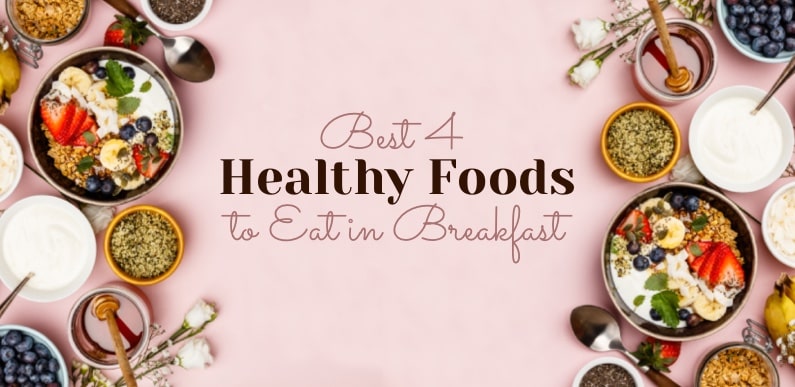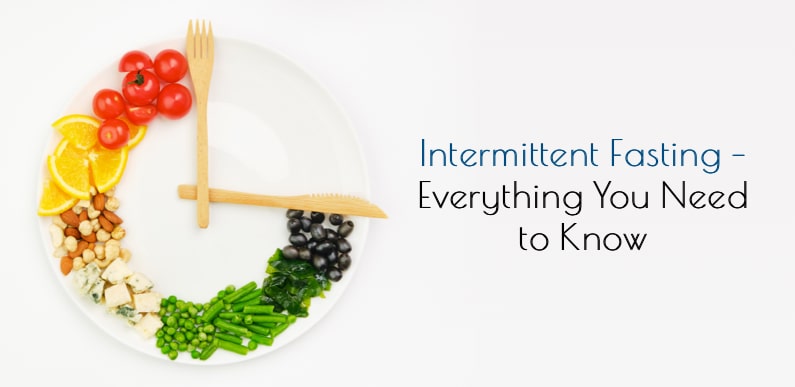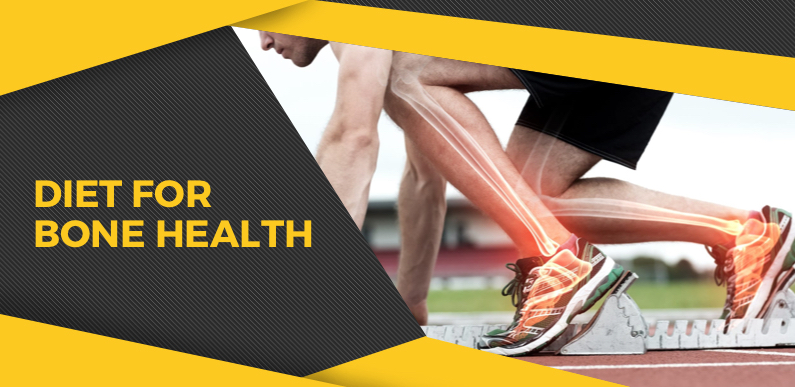A high-protein diet doesn’t mean chicken breasts!
“There’s no evidence to show that vegetarians or vegans are deficient in protein,” says dietitian Nichola Ludlam-Raine.
However, their diet needs planning.
Generally, you should try to get one gram of protein per every kilogram (one kilogram converts to about two pounds), or roughly half your body weight in grams per day.
Your diet should include a variety of foods like grains, nuts, and vegetables, Palmer says, and every plate of food you eat should include at least one source of protein, Hamshaw suggests.
You can follow this blog for Veg-Protein Options & Recipes-
https://fns360.live/blog/nutrition/meal-planning-nutrition/how-much-protein-should-i-consume/
Luckily, there are plenty of tasty options out there. Here are the best plant-based foods with protein, whether making a dietary switch or just looking to change up your typical meals.
This list is the best guide for anyone interested in incorporating more plant-based proteins into their diet.
The 17 Best Protein Sources for Vegans and Vegetarians
A common concern about vegetarian and vegan diets is that they might lack sufficient protein.
However, many experts agree that a well-planned vegetarian or vegan diet can give you the necessary nutrients.
Here are 17 plant foods that contain a high amount of protein per serving.


1. Seitan: It contains about 25 grams of protein per 3.5 ounces (100 grams), making it the richest plant protein source on this list.
2. Tofu, Tempeh and Edamame: All three contain iron, calcium and 10-19 grams of protein per 3.5 ounces (100 grams).
3. Lentils: At 18 grams of protein per cooked cup (240 ml), lentils are a great source of protein. Lentils contain reasonable amounts of slowly digested carbs, and a single cup (240 ml) provides approximately 50% of your recommended daily fiber intake.
4. Chickpeas and Beans: Beans and chickpeas contain about 15 grams of protein per cooked cup (240 ml). They are also excellent sources of complex carbs.
5. Nutritional Yeast: This complete source of plant protein provides the body with 14 grams of protein and 7 grams of fiber per ounce (28 grams).
6. Spelt and Teff: Spelt and teff provide 10–11 grams of protein per cooked cup (240 ml), making them higher in protein than other ancient grains.
7. Hempseed: Although not as well-known as other seeds, hempseed contains 10 grams of complete, easily digestible protein per ounce (28 grams). That’s 50% more than chia seeds and flaxseeds.
8. Green Peas: The little green peas often served as a side dish contain 9 grams of protein per cooked cup (240 ml), slightly more than a cup of milk.
9. Spirulina: Two tablespoons (30 ml) provide you with 8 grams of complete protein, covering 22% of your daily requirements of iron and thiamin and 42% of your daily copper needs.
10. Amaranth and Quinoa: Amaranth and quinoa provide 8–9 grams of protein per cooked cup (240 ml) and are complete sources of protein, which is rare among grains and pseudo cereals. Also, amaranth and quinoa are good sources of complex carbs.
11. Ezekiel Bread and Sprouted Grains Bread: Two slices of Ezekiel bread contain approximately 8 grams of protein, slightly more than the average bread.
12. Soy Milk: It contains 7 grams of protein per cup (240 ml) and is also an excellent source of calcium, vitamin D and vitamin B12.
13. Oats and Oatmeal: Half a cup (120 ml) of dry oats provides you with approximately 6 grams of protein and 4 grams fiber.
14. Wild Rice: Wild rice contains approximately 1.5 times as much protein as other long-grain rice varieties, including brown rice and basmati. One cooked cup (240 ml) provides 7 grams of protein.
15. Chia Seeds: Chia seeds deserve their spot on this list at 6 grams of protein and 13 grams of fiber per 1.25 ounces (35 grams).
16. Nuts, Nut Butters and Other Seeds: One ounce (28 grams) contains between 5–7 grams of protein, depending on the nut and seed variety. When choosing which nuts and seeds to buy, keep in mind that blanching and roasting may damage the nutrients in nuts. So, reach for raw, unblanched versions whenever possible.
17. Protein-Rich Fruits and Vegetables: Vegetables with the most protein include broccoli, spinach, asparagus, artichokes, sweet potatoes, and Brussels sprouts. They contain about 4–5 grams of protein per cooked cup.
Despite some concerns over getting adequate protein on a vegan or vegetarian diet, many high proteins and plant-based foods are available.
Furthermore, several foods provide all nine essential amino acids and are therefore considered complete proteins.
To ensure you’re meeting your amino acid needs on a vegan or vegetarian diet, try incorporating a variety of these complete protein sources or combinations of choices into your plant-based diet.
For more Nutrition-related blogs, click here https://fns360.live/blog/category/nutrition/.
You can also check out more such nutritional videos from FNS Nutrition.

